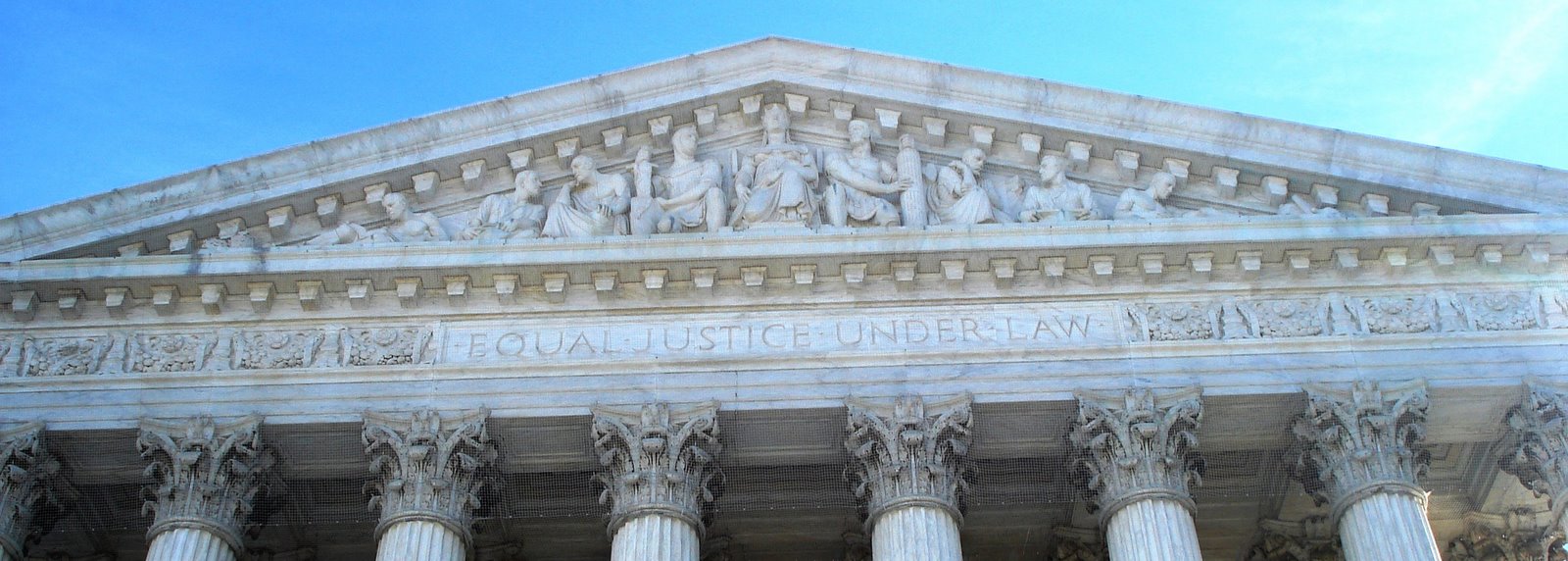Groups square off on mining ; Pro-, anti-mining groups clash in forum
Philippines sits on $840B of mine—US
'Govt studying various models for new mining policy'
Philippine Chamber of Commerce and Industry acting president Eduardo Lacson said the event was meant to provide both camps with a venue to air their views to the public in an “unemotional” context.
“What we want to happen is for both pro- and anti-mining groups to present their arguments to the public in a formal setting and we’ll let the public decide which one they’ll believe,” he said.
Expected to speak on behalf of anti-mining groups are environmentalists Gina Lopez and Christian Monsod, while those who will speak on behalf of the mining industry are Chamber of Mines president Philip Romualdez, Nickel Asia Corp. president Gerry Brimo and Philex Mining Corp. chairman Manuel Pangilinan.
The acting PCCI chief said that the business groups, which organized the forum, were hoping that it would provide policymakers with enough inputs to formulate a coherent national policy on mining.
“What the business community wants to see after this is a consistent government mining policy that leaves no uncertainties for investors about the changing of rules,” Lacson said. “We need consistency in policies if this industry is to move forward.”
****************************
In Friday's forum, Mines and Geosciences Bureau Director Leo Jasareno said the government is very much aware of the many issues hounding the industry and is doing all it can to address them.
"This is the main reason why a mining study group was created and tasked to formulate the mining policy and address the environmental and social issues and come up with a socially acceptable mining in the country.
"It should be mining that significantly contributes to economic growth in a manner that mitigates the impact to the environment and improves the quality of life of the people or no mining at all."
The government earlier assured investors that existing mining contracts will be honored and respected.
****************************
Despite its rich gold, copper and chromate deposits, however, “the Philippine mining industry is just a fraction of what it was in the 1970s and 1980s when the country ranked among the 10 leading gold and copper producers worldwide,” the Washington-based agency said.
It noted that “a December 2004 Supreme Court decision upheld the constitutionality of the 1986 Mining Act, thereby allowing up to 100 percent foreign-owned companies to invest in large-scale exploration, development and utilization of minerals, oil and gas” in the country.
“Some local government units have enacted mining bans in their territories, citing concerns over environmental degradation, unequal distribution of tax revenues, unemployment caused by displacement of small-scale miners, and marginalization of indigenous people,” the agency said.
According to the State Department report, “Philippine copper, gold and chromate deposits are among the largest in the world.”
“Other important minerals include nickel, silver, coal, gypsum and sulfur. The Philippines also has significant deposits of clay, limestone, marble, silica, and phosphate. Natural gas reserves discovered off Palawan have been brought on line to generate electricity,” it said.
In the same report, the agency said the Philippine economy “proved comparatively well-equipped to weather the recent global financial crisis, partly as a result of the efforts to control the fiscal deficit, bring down debt ratios and adopt internationally accepted banking sector capital adequacy standards.”
skip to main |
skip to sidebar



FILIPPIJNSE RECHTSHULP Philippine Legal Advice Information and Networking SOLUTIONS

PLAIN Solutions Advocate

- SUI GENERIS
- The Hague, Netherlands
- PB Payoyo LL.M., Ph.D. [Member, The Philippines-Netherlands Business Council, The Hague; Country Expert, Royal Tropical Institute, Intercultural Professionals (KIT IMC Bv), Amsterdam]